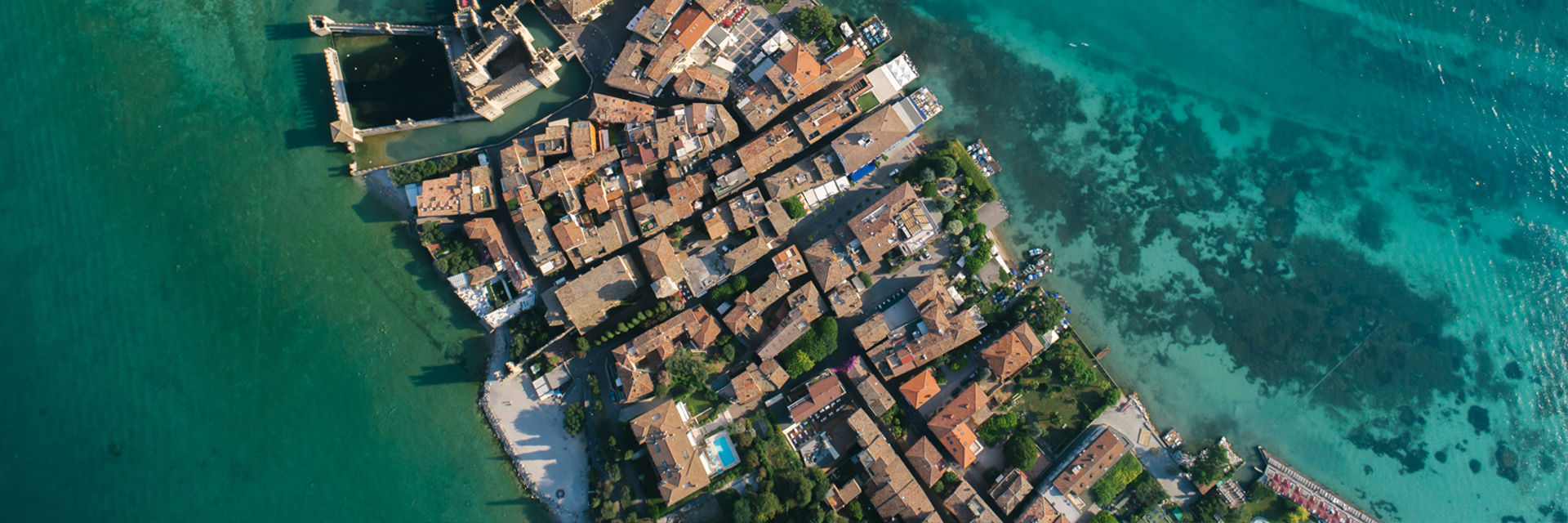How can we align our work with purpose to shape a sustainable world?
How are LSE alumni shaping a more sustainable world? This Earth Day we spoke with three alumni from our Atlantic Fellows for Social and Economic Equity (AFSEE) programme to find out why they came to work in the sustainability sector and the impact that they are having on the world.
Madhuresh Kumar
Atlantic Fellow for Social and Economic Equity 2021-22
My journey into climate change and sustainability started when I visited one of India's longest ongoing anti-dam movements, the Save Narmada Movement (Narmada Bachao Andolan). Beyond challenging the social and environmental impact of big dams, the movement demonstrated the systemic issues of the capitalist-industrial mode of development, which is unsustainable and extractive.
In the two decades of my work, I have advocated for de-centralised, people-centered development and grassroots organisations, such as the National Alliance of People’s Movements in India and the Global Tapestry of Alternatives.
I believe we need not just acts of resistance but new ideas that inspire people to dream of a life different from the status quo.
We live in a complex world, and as individuals, we are shaped by our lived experiences, and the cultural and political milieu. We need to be aware of that and strive to seek knowledge from our communities, specifically Indigenous people, believe in a pluriverse of ideas and people’s power, and dare to stand up to the transnational corporations and states.
Amanda Young
Atlantic Fellow for Social and Economic Equity 2019-20
As a Pacific Islander, I cannot escape climate change. We are among the first of humanity for whom this is an existential battle we cannot afford to lose. While I was an Atlantic Fellow, I met and admired the work of an incredible woman, Ariadne Gorring, from our sister programme in Australia. I volunteered to help her foundation, where she recognised how beneficial my indigenous economic skills would be. I was invited to join her board and to take the role of Executive Director at Pollination Group, a global climate advisory, climate asset manager and project originator with a mission to accelerate and place people at the heart of climate transition.
The path to solving the climate and biodiversity crisis lies on indigenous lands and their expertise and knowledge. 80% of the remaining biodiversity is stewarded by Indigenous people, who comprise 6% of the world's population.
My work is on a few levels: mutual capability uplift between the Indigenous and Western worlds to share their knowledge while creating viable, sustainable economies. I advise corporate clients on their nature and sustainability transition relationships with First Nations. I work with investors looking for ESG opportunities and with Indigenous communities to bring them into equity partnerships on climate projects. I hope my modest contribution will help restore our countries, seas and waters to health.
For those of you thinking of working in sustainability, try not to think like a Western capitalist. Don’t fall for short-term thinking or approach this work as a transaction. Examine your relationship with nature. What do you depend on it for? What do you take from nature without reciprocating? What could you do to preserve this planet for generations to come? When you have your own story, your work will align with your purpose. That is where you become transformational.
Sebastian Bock
MSc Development Studies 2011
Atlantic Fellow for Social and Economic Equity 2017-2018
My journey into climate change and sustainability started when I spent a year at the University of São Paulo in Brazil during my bachelor’s degree. Traveling in the Amazon and seeing more cattle than trees made me realise our consumption's impact on the natural environment and the climate. During my MSc in Development Studies at LSE, I interned at Greenpeace UK and was hired upon graduation. Working for a big international NGO allowed me to work on different climate-related issues and places before returning to Germany.
Today, as the managing director of the Transport & Environment NGO in Germany, my team and I are committed to shaping transport policies in Germany and the EU.
Transport is the only sector that has not seen any significant emissions reductions in the past three decades. This makes our advocacy work more important than ever.
We provide data and insights to policymakers, the media and the public to encourage policies that change the emissions trajectory of the sector.
If you are interested in working in sustainability and climate change, my advice is to gain hands-on experience as early as possible. Internships and volunteering are great ways to get valuable insights about the organisations you'd like to work with. Also, while a solid understanding of climate science is critical, it's equally important to understand politics as climate policy is becoming increasingly politicised.
The Atlantic Fellows for Social and Economic Equity (AFSEE) programme is an innovative, fully-funded fellowship based in the LSE International Inequalities Institute for mid-career social-change leaders who are working to challenge inequality. The programme is supported by The Atlantic Philanthropies via a £64 million, 20-year grant aimed at building a catalytic community of 400 fellows. It is one of seven Atlantic Fellowships worldwide working to create a global community to advance fairer, healthier and more inclusive societies.
